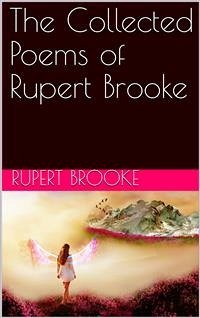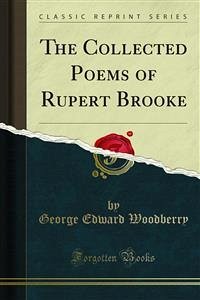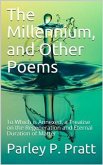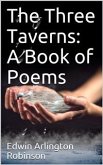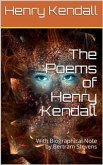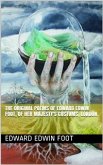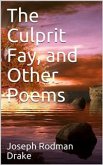A new Appendix is included in this etext, consisting of poems ABOUT or TO Rupert Brooke. The poet loves his new-found element. He clings to mortality; to life, not thought; or, as he puts it, to the concrete, — let the abstract "go pack!" "There's little comfort in the wise," he ends. But in the unfolding of his precocious spirit, the literary control comes uppermost; his boat, finding its keel, swings to the helm of mind. How should it be otherwise for a youth well-born, well-bred, in college air? Intellectual primacy showed itself to him in many wandering "loves", fine lover that he was; but in the end he was an intellectual lover, and the magnet seems to have been especially powerful in the ghosts of the men of "wit", Donne, Marvell — erudite lords of language, poets in another world than ours, a less "ample ether", a less "divine air", our fathers thought, but poets of "eternity". A quintessential drop of intellect is apt to be in poetic blood. How Platonism fascinates the poets, like a shining bait! Rupert Brooke will have none of it; but at a turn of the verse he is back at it, examining, tasting, refusing. In those alternate drives of the thought in his South Sea idyl (clever as tennis play) how he slips from phenomenon to idea and reverses, happy with either, it seems, "were t'other dear charmer away". How bravely he tries to free himself from the cling of earth, at the close of the "Great Lover"! How little he succeeds! His muse knew only earthly tongues, — so far as he understood.
Bitte wählen Sie Ihr Anliegen aus.
Rechnungen
Retourenschein anfordern
Bestellstatus
Storno

